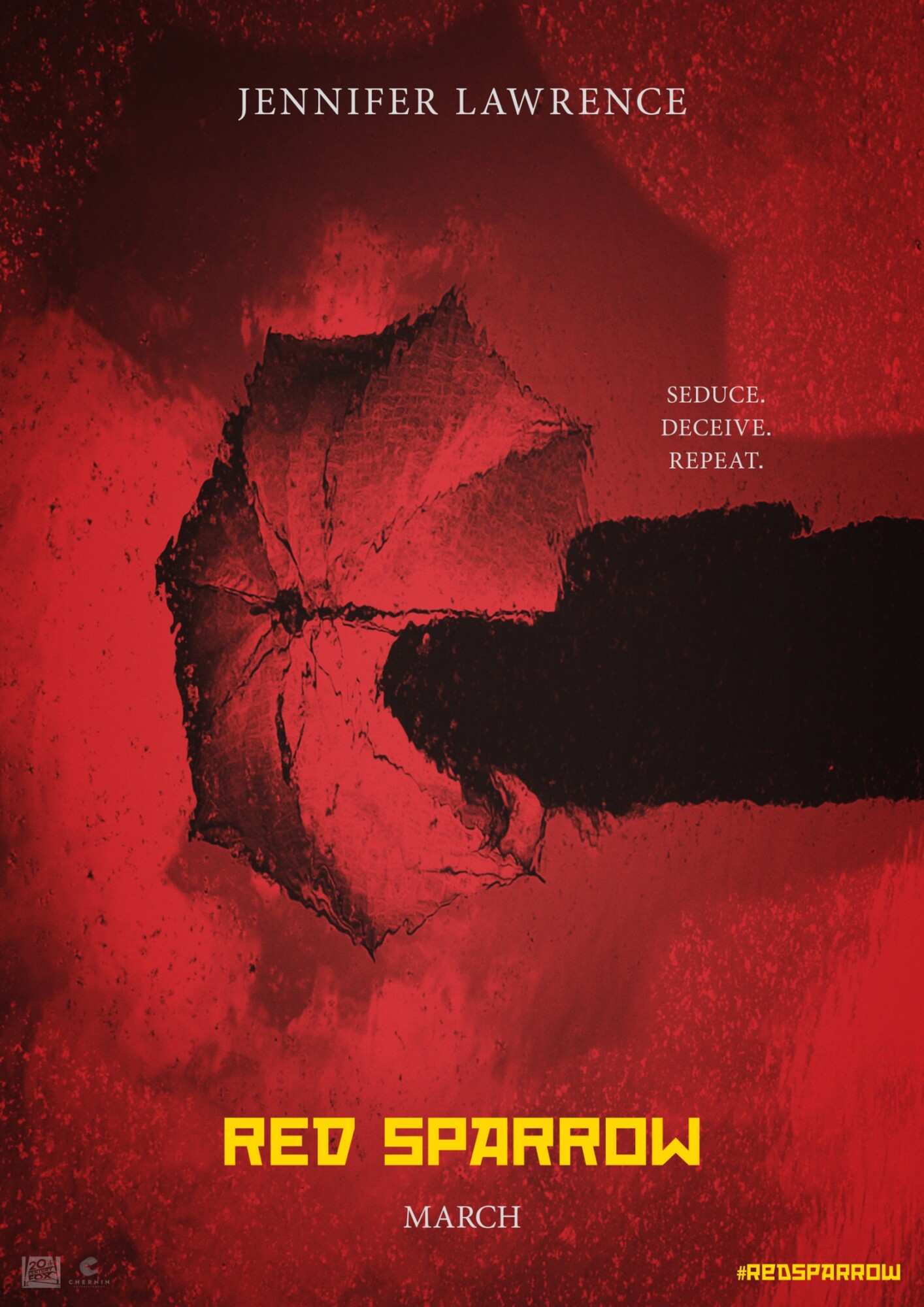By Jonathan Leaf
February 18, 2018

What kind of movie would Alfred Hitchcock make if he were alive today?
My guess is a pornographic one. As Hitchcock acknowledged in his famous series of interviews with Francois Truffaut, he was fundamentally a sensationalist, someone motivated above all else by the urge to provoke intense reactions from his audience, irrespective of whether these were refined or aesthetic. It was only censorship that deterred him from his vulgar wishes.
This is as much as to say that he might well make a film like "Red Sparrow," a skillful spy thriller that's also exceedingly creepy, gory and debased.
Based on an award-winning novel by Jason Matthews, a retired but long-serving CIA field operative, its story concerns Dominika Egorova (Jennifer Lawrence), a one-time prima ballerina of the Bolshoi Ballet. After a seeming accident has ended her career as a dancer, Egorova is recruited by her uncle (Matthias Schoenaerts), a high-ranking figure in Russian intelligence. He wants her to become the mistress of an oligarch distrusted by Putin's regime. The outcome of that episode -- which I will not reveal here -- leads to her assignment as a trainee at a spy school for Russian agents who serve as "honey pots," seducers used to blackmail influential Westerners. From there, Egorova is sent to Budapest, where she has been assigned to rope in Nate Nash (Joel Edgerton), a CIA agent who is the contact for a vital Russian mole, code-named Marvel. Will she do as she has been instructed by her trainers and try to persuade Nash to reveal the identity of the mole? Or will she betray the motherland and assist the cause of The West and freedom? Complicating this seemingly cliché set up is the fact that both Egorova and Nash know what her handlers have asked her to do and why they have sent her. That produces a surprisingly subtle relationship, something with echoes of the novels of John le Carré.
Even so, "Hunger Games" director Francis Lawrence and his scenarist, Justin Haythe, have stripped out much of what appealed to the readers of Matthews' book. That included detailed and by all accounts very realistic depictions of "tradecraft," the mechanisms which are employed by intelligence agencies for activities like exchanging information and following enemy operatives. Also removed is an important aspect of the heroine's character: her intuitive sense regarding the people she meets is guided by synesthesia. In place of these elements, Lawrence and Haythe have done an effective job of arranging a very clever plot.
They are aided by a series of outstanding performances. First among these is that of Jennifer Lawrence. While she does not have the malnourished figure of a ballerina, she is always compelling and otherwise believable in the exceedingly complex role of a woman who is fierce, brutal and cunning at some moments and utterly terrified and vulnerable at others.
Also superior is Jeremy Irons as another Russian intelligence agent, Joely Richardson as Lawrence's sickly mother and Charlotte Rampling as the icy but capable director of the "sparrow" school. Highly effective as well is James Newton Howard's discordant score, which knowingly harkens back to the work of Hitchcock's frequent musical collaborator, Bernard Herrman.
Undermining this excellence is the movie's repeated recourse to displays of gore and to disturbing, highly graphic sex scenes. These will titillate viewers but leave them walking out of the theater profoundly ill at ease with both the motion picture and themselves.
No comments:
Post a Comment